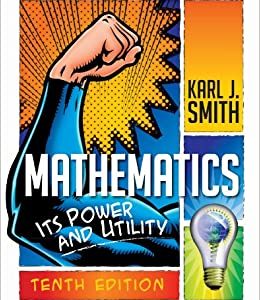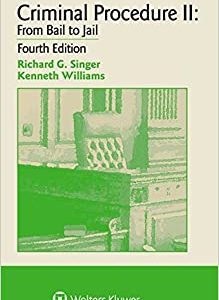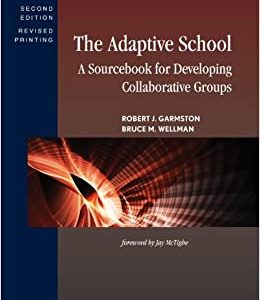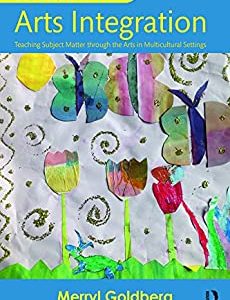The Prentice Hall Guide for College Writers 11th Edition by Stephen P. Reid
ISBN 10: 0134121953
ISBN 13: 9780134121956
WHAT we mean by ?writing? continues to change, as have the
expectations
of both writers and audiences. Indeed, the new
Council of Writing Program Administrators Outcomes Statement
for First-Year Composition (adopted in 2014) uses the more expansive
term ?composing? to ?refer broadly to complex writing processes that
are increasingly reliant on the use of digital technologies.? They also note that
now ?writers also attend to elements of design? and that ?digital technologies are
changing writers? relationships to their texts and audiences in evolving ways.?
There are also new techniques and processes for collecting information via
digital sites. That is not to say that many of the best practices for research do
not still apply. Indeed, the Outcomes Statement highlights the ability to ?locate
and evaluate (for credibility, sufficiency, accuracy, timeliness, bias and so on)
primary and secondary research materials, including journal articles and essays,
books, scholarly and professionally established and maintained databases
or archives.? This eleventh edition of The Prentice Hall Guide for College Writers likewise
continues to stress the need for finding and using authoritative materials.
But just as the WPA Outcomes Statement now includes ?informal electronic
networks and internet sources? among research materials, so does this edition
provide new guidance for students as they negotiate that rich, but difficult,
realm of information exchange.











